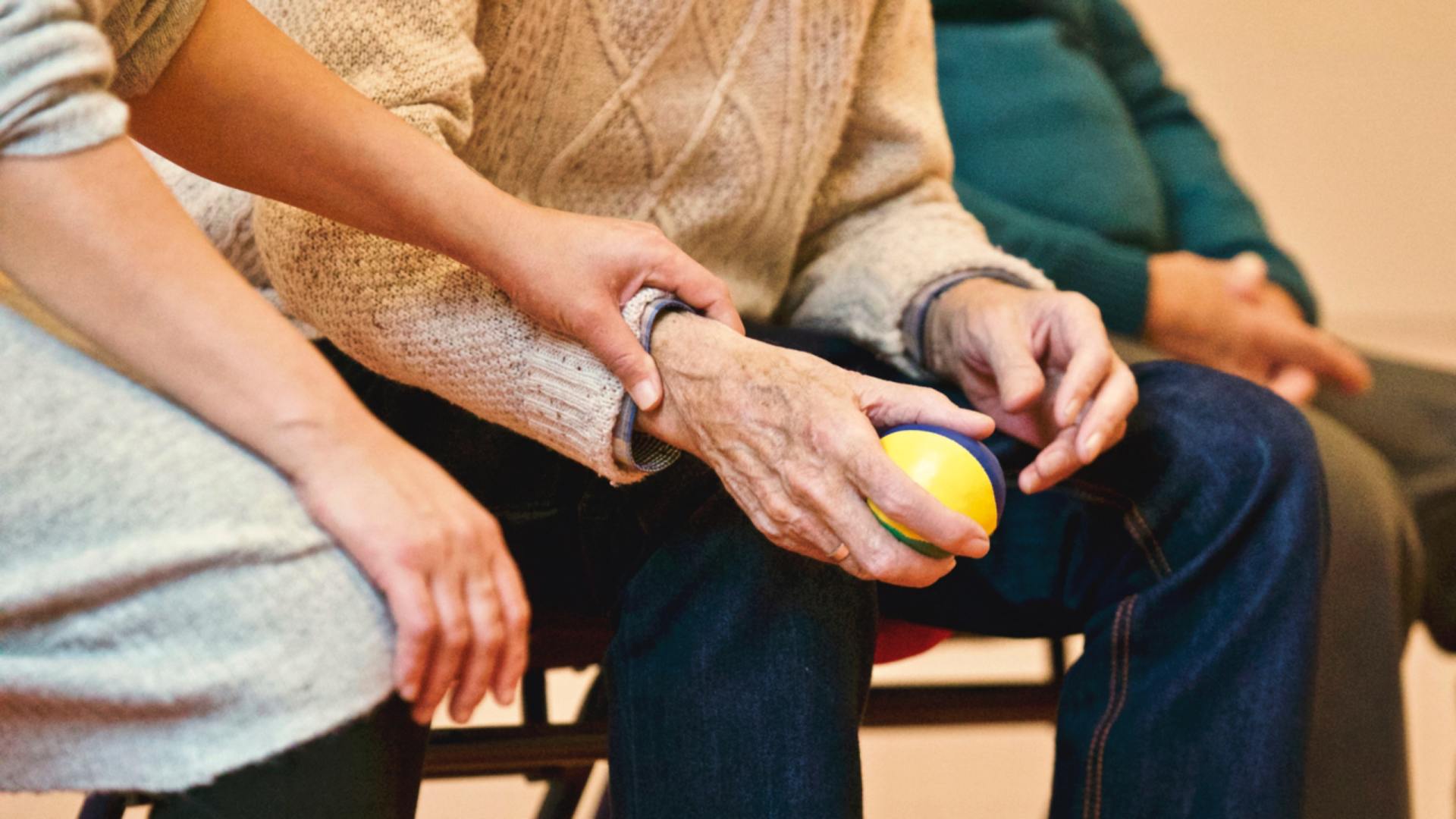







Making the transition to home care can be a daunting decision, and many people aren’t sure what everyday life will be for themselves or their loved ones once home care is in place. At Optimal Home Care, we understand what you’re going through and are here to help. This week we’re walking you through what average everyday life looks like with home care and will, hopefully, answer any questions you may have been facing while making this decision. While many home care experiences are similar, it’s important to understand that every individual’s experience is special to them and catered to their needs.
Depending on the level of need, home care can involve nurses, behavior health nurses, physical/occupational/speech therapy, medical social work, and home health aide services. Some of the benefits of home health care are the promises of comfortability, independence, and customization of care. Essentially, home health care allows individuals to maintain dignity and quality of life while still receiving the care they need, right from their own homes.
With home health care, every day life is relatively undisturbed. If the assistance needed is minimal, a healthcare professional will visit the individual occasionally, anywhere from daily to weekly. This provides peace of mind for families who aren’t able to visit their loved one as frequently due to location or time constraints. Another individual who might require more care will enjoy multiple visits a day with more advanced evaluations to ensure optimal care.
For any individual with varying degrees of need, alert systems can be installed in homes to provide easy communication between caregivers and the individual. That way, even if a staff member isn’t currently at the residence, they can be alerted of a need in a timely manner. Essentially, all care will be tailored to the specific needs of the senior, while still maintaining their previously established routine.
As you or your loved one is cared for, various therapy can be set in place to ensure elongated and improved quality of life. For example, physical therapy services will provide in-home physical therapy care can help by including balance training, bed mobility skills, assertive device practice, and many other services that will help better the everyday life of the individual.
Speech therapy can help not only improve but also monitor the cognitive abilities of the individual, especially if he or she is suffering from dementia, dysphagia, apraxia, or other diseases. By spending time with an in-home speech pathologist, seniors can lessen the effects of these chronic diseases and improve their everyday life by maintaining important cognitive abilities.
Many seniors ask “what will my day to day schedule look like?” The truth is that whatever is most appropriate and desired by the individual using the home care service will dictate their schedule. Ultimately, as we mentioned above, home care tries not to feel intrusive, controlling, or life-changing. The objective when choosing home care is to marry the independent lifestyle of an individual with their necessary care without drastically altering an already established routine.
To learn more about how home health care will fit with your or your loved one’s lifestyle, call us today to chat about the varying options you have. Let’s work together to create the perfect blend of services to provide you with optimal home care.







